Bayt al-Thaqafa’s membership recruitment manager denounces the human tragedy and rights violation behind the ‘refugee crisis’.
Your organization has a programme entitled ‘Human Rights and Citizenship’. Which rights are being violated at Europe’s borders and in the whole world in order to prevent immigration?
Many rights are violated, some of them as basic as the right to life or to flee a country seeking a better future, both considered in the Universal Declaration of Human Rights. Governments and laws should protect the lives of the people. We at Bayt al-Thaqafa are concerned by this closure policy investing more and more effort in controlling the borders, rather than facilitating inclusion. Shutting down and militarizing borders only makes migration more dangerous and more lives are lost in the process.
How can this situation be combatted?
We think that some changes on the law are needed urgently. Immigration is an irreversible phenomenon; it is a human right to fight for a decent future. As our founder Teresa Losada used to say, closing borders will not prevent immigration. On the other side, Diversity allows us to build a richer society. Building physical borders is detrimental for all of us.
Does the government allocate enough resources to protect and accommodate these people?
Public institutions try to cover these people’s basic needs, but it is not enough. For instance, in the last few years, we have witnessed the government fail to provide the care needed by many unaccompanied minors, who are left defenceless and without a guardian. Another example is the waiting time to get into a first shelter home in Barcelona. It takes two months.
And where does Spain stand when it comes to asylum requests?
There are a great number of rejected applications, despite the fact that the country’s asylum programme for people requesting international protection aims to create bonds within the host society.
We deal with situations in which a person or a family finally gets a job contract, children are sent to school, and they have managed to rent a flat or a room, in other words: when they have done everything needed to fit in and take root, their request is denied. These people are instantly expelled from the programme and their situation becomes unregulated, thus losing their right to a dignified life.
Your organization is also dedicated to sheltering, counselling and helping immigrants with integration. What is your experience?
At Bayt al-Thaqafa we have provided shelter since 1974 and we do so following Teresa Losada’s steps: emphasizing dialogue and exchange, valuing everything that people from other cultures can provide.
We believe the relationship with the people we must be based on trust and commitment from the outset. That’s the only way to create the link between us that allows for the guidance to succeed as much as possible. Equal opportunities are fundamental to achieve a sense of belonging to the new society, but there is still a long way to go.
Why do you think there is a long way to go? How does society see immigrants?
There is a tendency to consider immigrants as a group in need rather than people able to make contributions to society. This is a mistake. The people we work with are very capable and we are in need of tools and resources to develop them.
How could we change the point of view on this community?
We all have to work together towards this change in our point of view that you mention. To start, we have to lose the fear of interacting with people from other places, we can help organizations by volunteering, donating or providing jobs or housing – two of the main concerns – if we can. Also, society has to get involved in promoting change on migrational policies. As Teresa Losada said, we must acknowledge both politically and socially that ‘We are all us’.
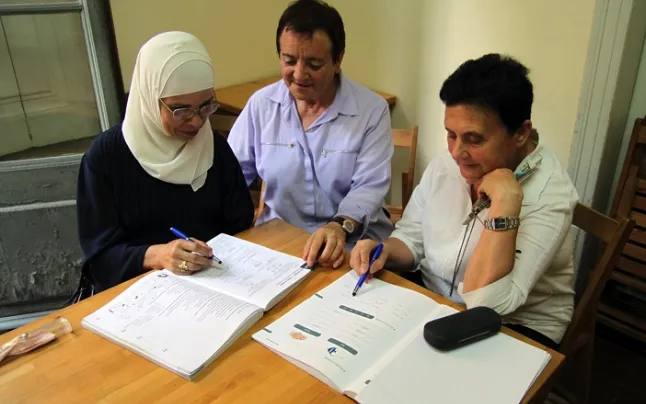
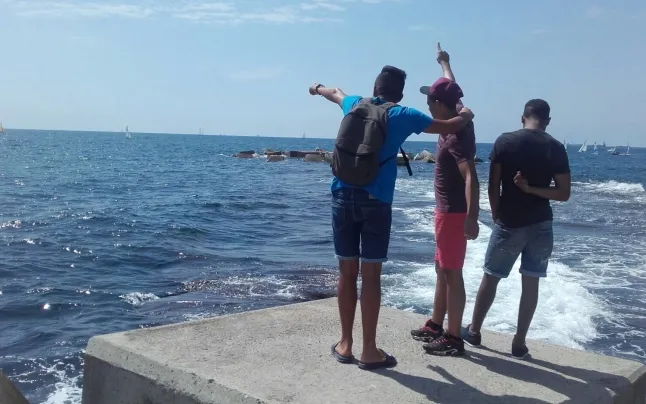


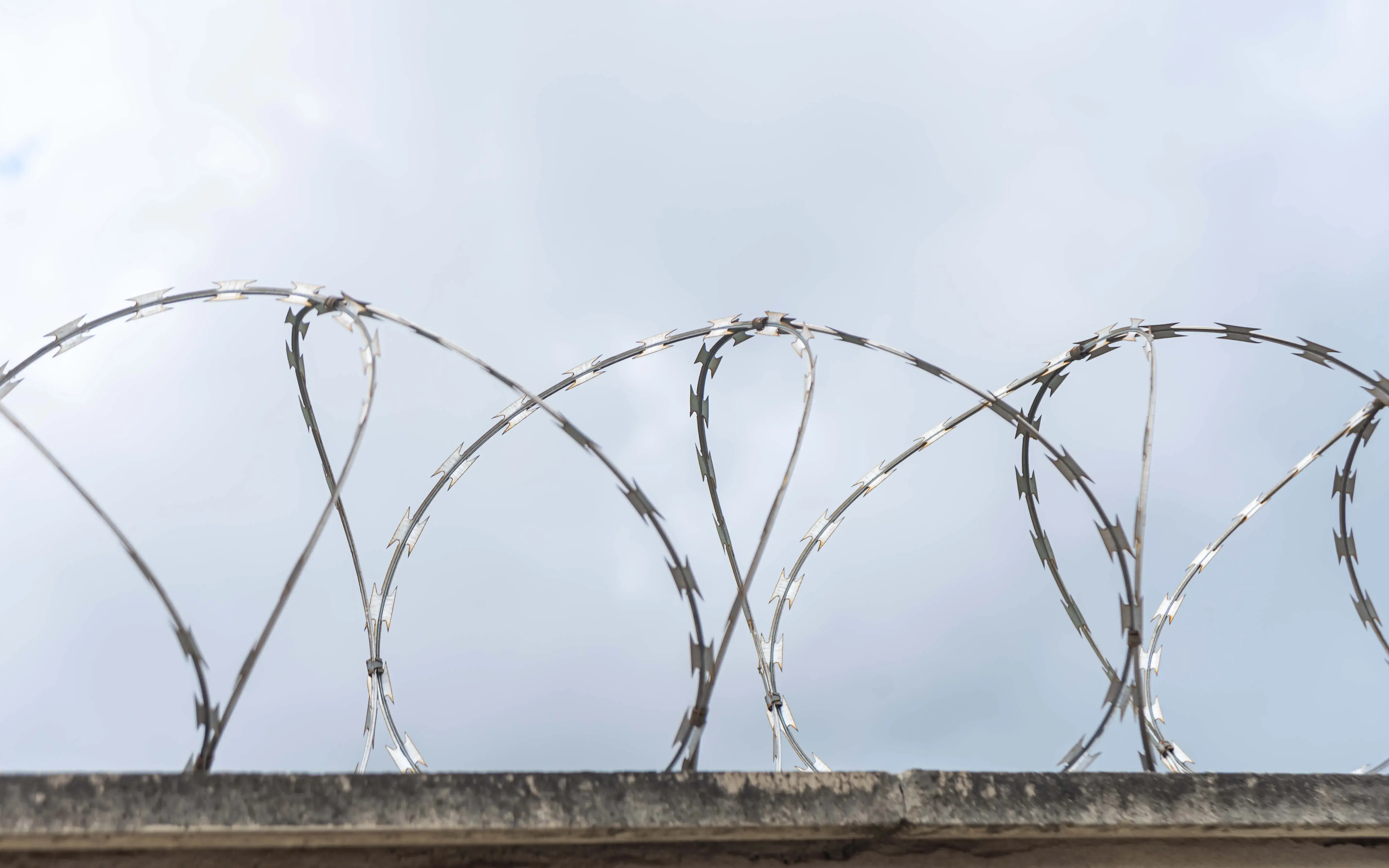
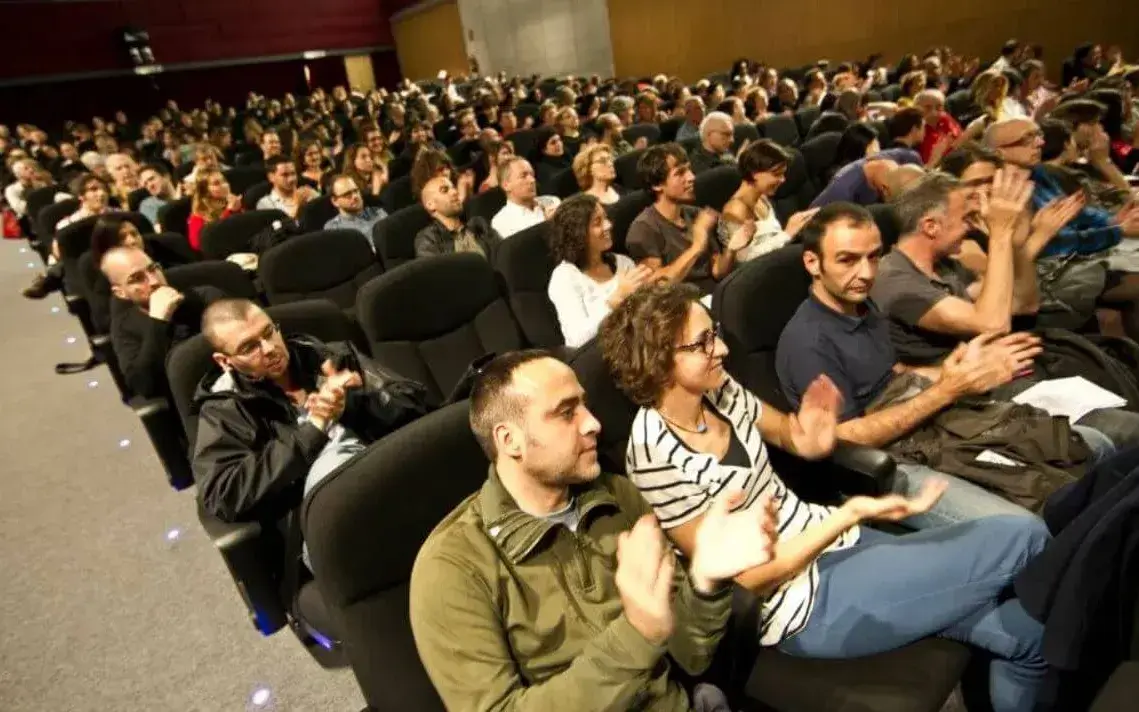
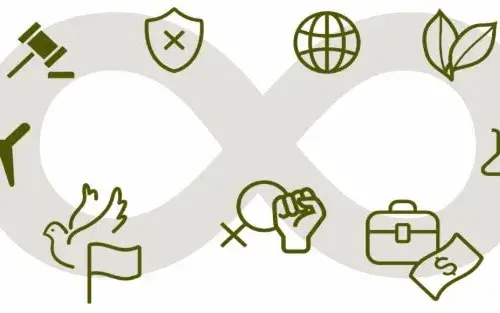
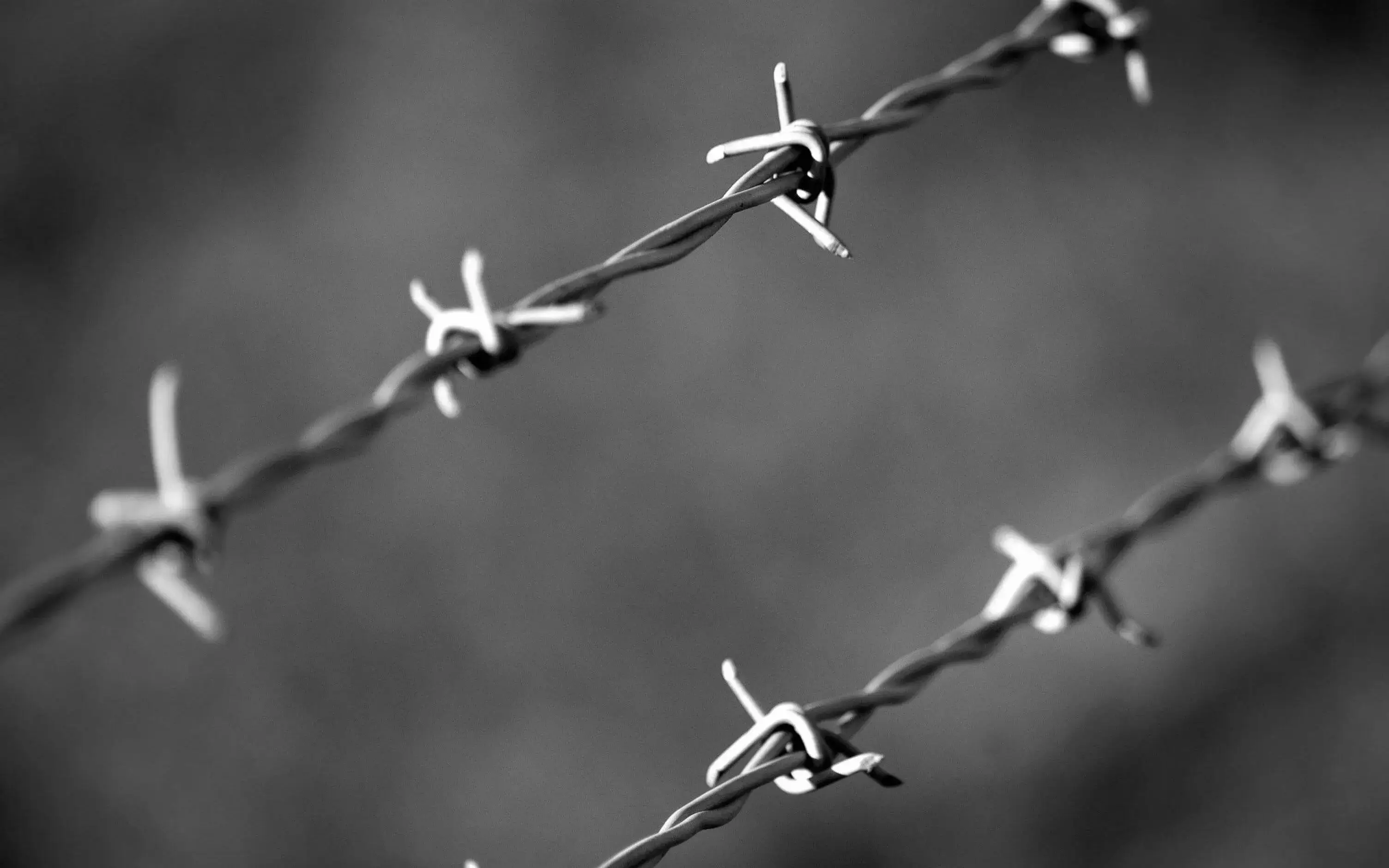
Add new comment